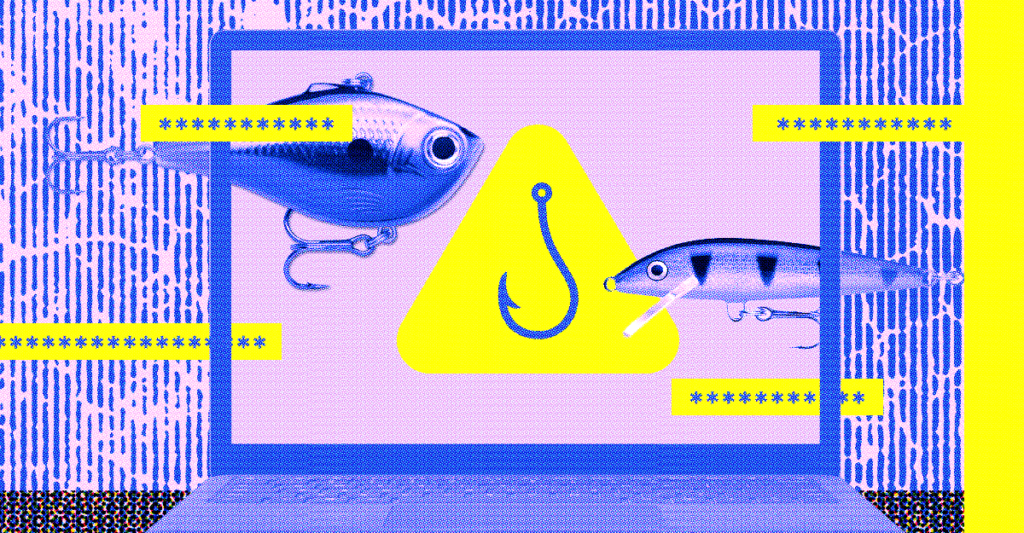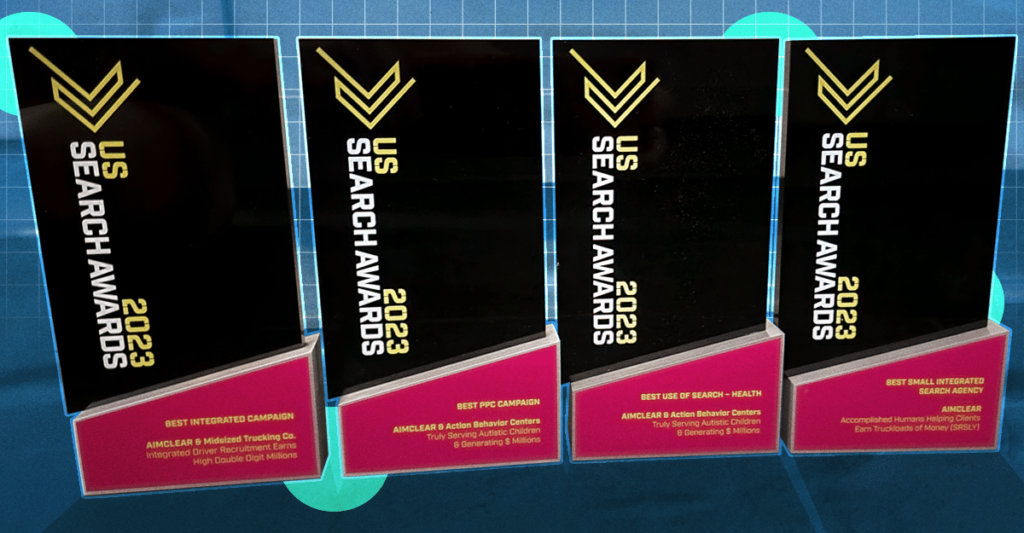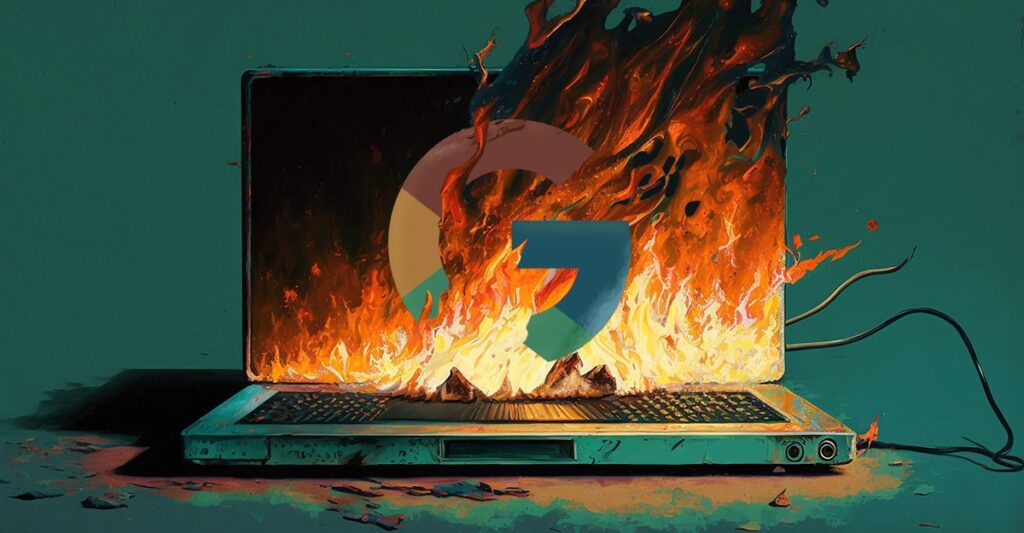DVD Hack on Mainstream Site
It’s just 32 tiny little numbers but for the average teenage valley tech kid it’s the key to unlock copy protected DVDs at the expense of big American intellectual property corporations. In the wrong hands this code (in tandem with black hat software) beats protective mechanisms on commercial High definition Blu-ray DVD releases.
As often happens, the code has been posted by hacks on sites like digg.com. To see the latest clever version search on Digg for “AACS.” It’s been widely reported that the monolithic trade group (Access Content System) including Warner Brothers, IBM, and Sony delivered cease and desist notices to a number of websites. Most sites complied. Digg complied at first.
The Diggers were Mad.
As you might expect, digg.com users were pissed so users took to reposting the code each time digg removed it. Apparently, after a few days digg.com changed its mind and no longer is working to filter out the content. Then it got really weird.
It is with increasing ingenuity that new hacks are circulating the DVD unlock code. Here’s a link to a SONG posted on YouTube called…wait I can’t publish it here. Suffice to say that it is a tender little ditty with 32 character lyrics.
[kml_flashembed movie="http://www.youtube.com/v/L9HaNbsIfp0" width="425" height="350" wmode="transparent" /]
With one click on Digg you can purchase a t-shirt that has the DVD copy protection crack code screened on the front. You can even read the code on the e-commerce site that sells it.
The Federal Digital Millennium Copyright Act makes it unlawful to circumvent technology designed to protect copyrighted work. That said, the statute provides a safe harbor for Web site operators in section 512 (c), when user questionable posts show up from users. However in In today’s ABA Journal E-Report David Beckman and David Hirsch question if it legally can be stopped.
“What’s unclear is whether the cease-and-desist notice was sent under 512 or some other rubric we don’t know about, and whether Digg.com, by refusing to honor the notice, lost its eligibility to be protected by safe harbors.”
Eric Goldman, assistant professor at the Santa Clara University School of Law and director of the school’s High Tech Law Institute.
This may or may not be good business for Digg. In the social media world often times controversy, especially if it shakes the status quo intellectual property establishment, makes for good viral rock and roll. When I write “LOL” it’s because I really am laughing out loud.








